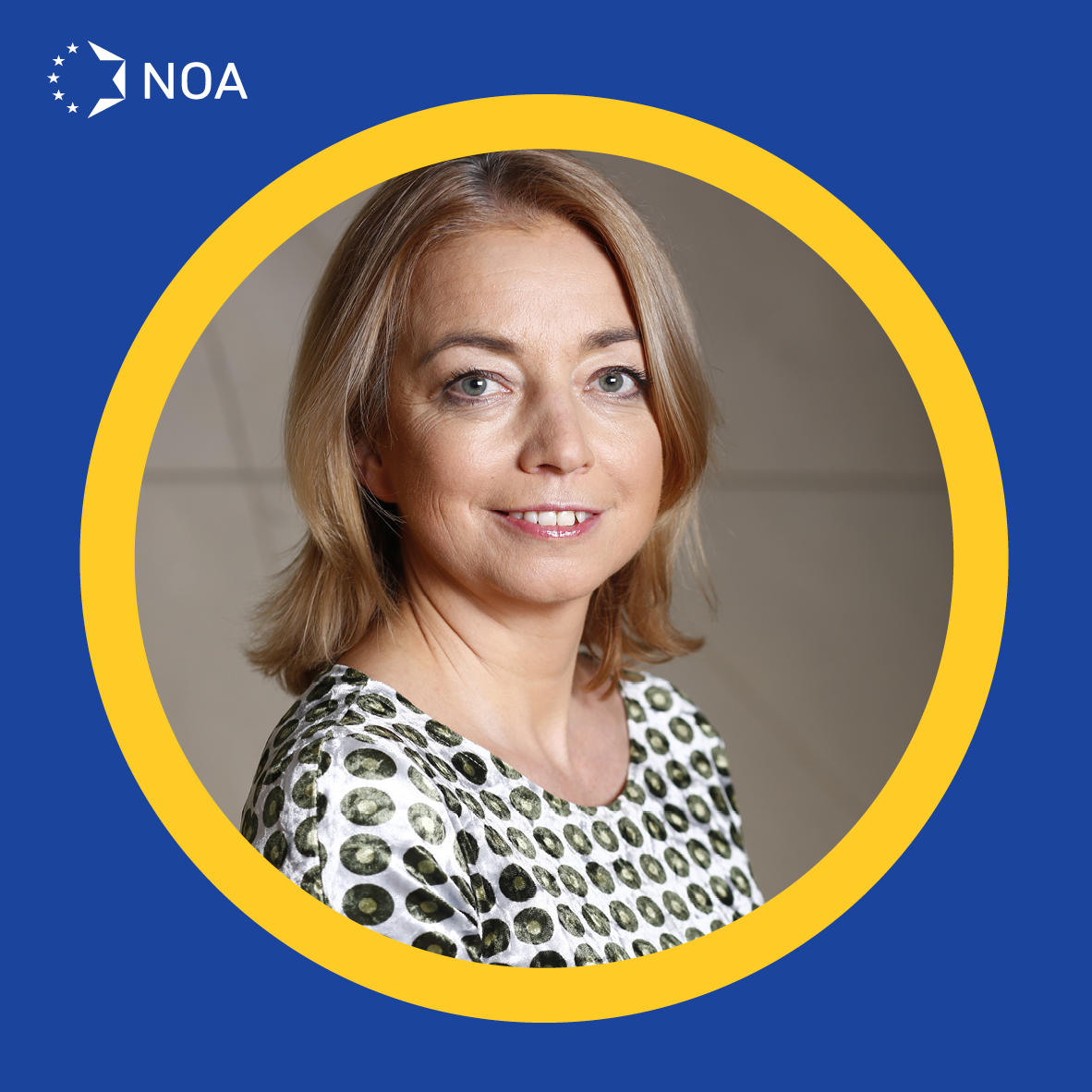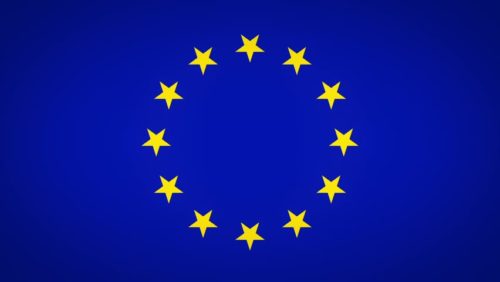Curating tolerance: Insights from the POLIN Museum of the History of Polish Jews

Opened in 2013, the POLIN Museum of the History of Polish Jews in Warsaw offers a throve of knowledge about the rich history of Jewish life in Poland. Located in what used to be the heart of the Warsaw Ghetto during Nazi Germany’s occupation of Poland, the POLIN Museum is one of the most important institutions in the field of Jewish history in Europe today.
Fewer than 10,000 Jews live in Poland today, yet before the Holocaust the country was home to one of the largest Jewish populations in the world. The NOA project spoke with Joanna Fikus, the Head of the Exhibitions department of the POLIN Museum, about their work showcasing 1,000 years of Polish Jewish history, while at the same time building a more tolerant society.
NOA: How do you decide where to begin telling the story of 1,000 years of Jewish history in Poland?
JK: We decided to tell this history from a specific perspective – from the perspective of Jews living in each time period. We chose to show it in a way that would make our visitors feel as though they were in the same position of Jews back then, to imagine you have the knowledge limited to that very specific time period, to identify with the individual persons.
With our temporary exhibitions we do it differently. Every time we choose a subject, we are trying to find something universal about the experience. In an exhibition about the antisemitic campaign of March 1968, we thought: How can we make this relevant to a young person today? Step by step we created the essence of our message: How would you feel if someone came to you and told you that you are a stranger in your own home, your own country, that you don’t belong here? In March 1968 Jews were simply told they don’t belong in Poland. And there are many other cases in the world where people are forced to leave as refugees. Unfortunately, it’s a common experience.
NOA: What has changed in Polish society in the last 10 years since the POLIN museum opened?
JK: In the first years of the museum’s operation, our focus was really to bring back the history of Jews in Poland, because this history was quite unknown among young Polish audiences. After several years we decided to be more ambitious. Why do we want to recall the history of Polish Jews? To counter antisemitism, discrimination, and exclusion by creating mutual understanding and respect.
Some people were afraid to come here. Afraid to deal with a difficult subject, they were not ready to be confronted with it. As a result, we have diverse activities for them: Musical concerts, educational programs for kids and parents. We want them to come here and see this is not only a museum talking about the Holocaust. Once we bring them in and make them more familiar, and willing, and open, then it’s easier to discuss the difficult topics.
NOA: What has surprised you the most?
JK: I didn’t expect how many people would be interested in the subject that we are dealing with. In Poland with this current political situation, it is difficult. We are not open to blunt conversations about dark and bright moments in our history. It’s hard to change the mindset of other people. But we thought, who will do this if not us?
NOA: Did the war in Ukraine bring changes for the museum?
JK: Of course. There was a huge wave of Ukrainian refugees who came to Poland and to Warsaw. We had to adjust our program and activities to their needs, to Ukrainian women and children. Many of them are traumatized. We wanted to show them this is a safe place.
This place is also about their story, about them. Historically, much of the story of Polish Jews happened on the historical territory of Ukraine.
You cannot change the past. The only thing that we can change, step by step, is the present moment. Each one of us can do it by being careful and thoughtful of the people around you. You don’t need big gestures. You simply must keep your eyes open, look not to hurt others, and help them. That’s the main lessons of this war in Ukraine.
–
A NOA profile on Jews creating a more inclusive Europe. www.noa-project.eu

 NOA is co-funded by the Rights, Equality and Citizenship Programme (2014-2020) of the European Union
NOA is co-funded by the Rights, Equality and Citizenship Programme (2014-2020) of the European Union